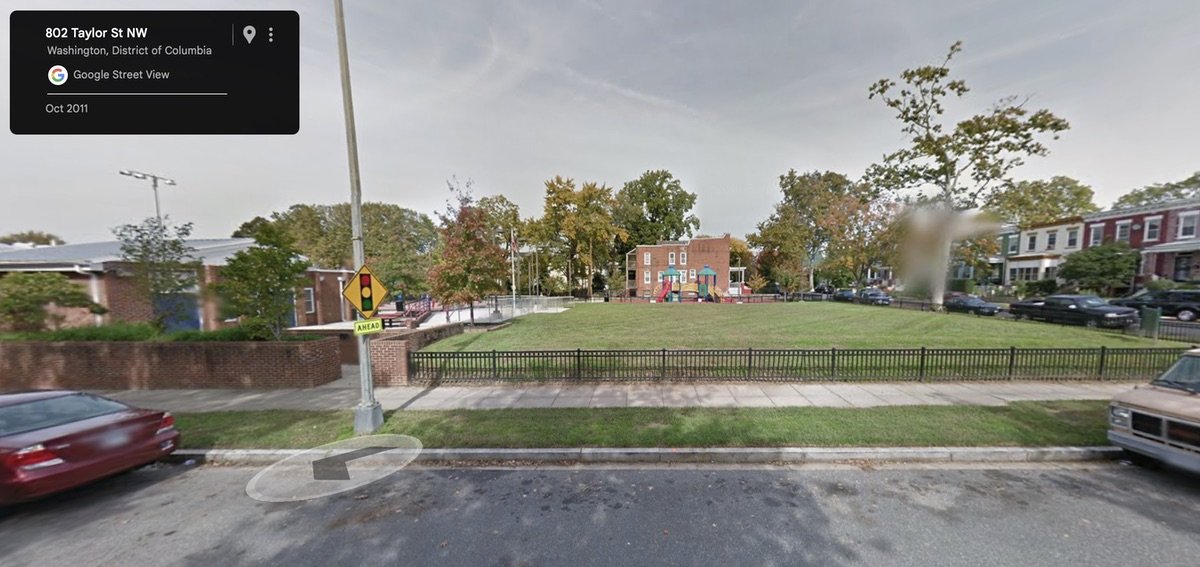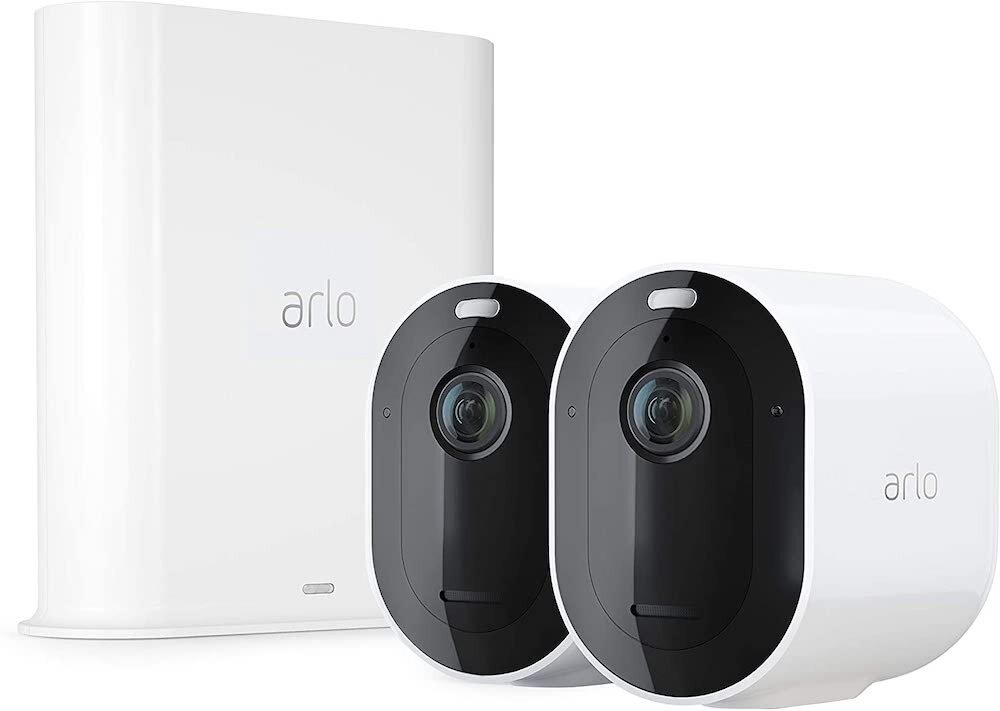WMATA 14th Street "bus barn" renovation faces criticism
/Activist Taalib-Din Uqdah standing outside WMATA’s Northern Bus Garage
by Austin Schott
The Richardson and Burgess construction firm built the 14th Street Northern Bus Garage in 1907 as a streetcar storage facility. Needless to say, now 114-years later, the facility is in need of repair.
The Washington Metropolitan Area Transit Authority (WMATA) closed the garage for renovations in 2019 with plans to renovate the building. The renovation project hopes to preserve the garage’s historic façade, while rebuilding and updating the infrastructure for new and future bus systems, installing new maintenance and paint facilities, and building new retail and community meeting spaces.
The Northern Bus Garage between Buchanan Street and Decatur Street on 14th Street NW
The Mayor’s Agent for Historic Preservation has scheduled a hearing for March 26 to consider the demolition project, linked to its renovation plan.
Meanwhile, neighborhood advocates fear WMATA’s renovation plan preserves that status quo, including, they claim, dangerous levels of diesel fumes.
Taalib-Din Uqdah, a community activist and former ANC 4C commissioner, has organized an assembly of community resistance against the bus barn renovation.
“DC’s Department of Health, in 1996, published a District of Columbia cancer facts and figures report,” Uqdah said. “It has a chart of the total cases and deaths by Ward [in 1996]. Ward 4 is second… in cancer cases, with 533 cases.”
Historic preservation application notice on fencing along the Northern Bus Garage’s exterior
Uqdah attributes this high level of cancer to buses and diesel fumes — the report notes that, among other factors, environmental or occupational exposure to polycyclic aromatic hydrocarbons, which can be found in diesel exhaust, can increase the risk of lung cancer.
Uqdah’s cites a 2015 article from MIT researchers which found, when examining nitrogen oxide (NOx) from passenger vehicles in the EU, that “excess NOx emissions from diesel cars caused 2,700 premature mortalities [in Europe] in 2015.” Uqdah reasons diesel’s impacts from passenger vehicles in the EU are likely similar to that of buses in Petworth.
In response, Uqdah organized Northern Bus Barn Neighbors – a community group centered on protecting community health and by extension preventing diesel buses from returning to the community en masse. Northern Bus Barn Neighbors, in addition to seeking to build a diesel fume-conscious community, has three demands of WMATA:
First, Northern Bus Barn Neighbors wants to stop the diesel buses from returning to Petworth after renovations. And they don’t want WMATA’s planned body shop and a spray paint booth.
Uqdah recommended that, although the Northern Bus Garage feeds into several key bus lines, two industrial areas, near Shepherd Parkway and Four Mile respectively, could feed the same routes from the south with minor impacts on residents.
WMATA meanwhile maintains, “Keeping the Northern Bus Garage in the area that these routes serve is more efficient and cost-effective, reducing excess mileage and fuel waste that runs counter to Metro’s sustainability mission and the region’s.”
Second, Northern Bus Barn Neighbors wants WMATA to prepare an Environmental Impact Statement. Uqdah says he wants WMATA to study the potential impacts of diesel fumes in a residential neighborhood and “make recommendations and alternatives” if the study uncovers hazardous conditions.
Finally, they want insurance that if buses return to the Northern Bus Barn that they be 100% electric. “THERE IS NO SUCH THING AS CLEAN DIESEL!” says the Northern Bus Barn Neighbors’ website.
Northern Bus Barn Neighbors’ placard calling for “No bus diesel fumes”
When Uqdah’s allegations of health risks were raised with WMATA, they said, “As part of this community, we are working with neighbors and the Federal Transit Administration to ensure construction complies with all necessary requirements, including the required level of environmental review. The facility is being built to accommodate electric buses in the future and will include an air handling system that will treat air and exhaust before it is released.”
Indeed, WMATA claims to have “undertaken a significant project redesign that is responsive to concerns around safety, environmental impacts and aesthetics.”
At a DC Historic Preservation Review Board Meeting in December 2020, WMATA shared that they are incorporating adequate head clearance for newer, reportedly cleaner, diesel buses and future overhead charging equipment for electric buses down the road. They also committed to 100% filtration of exhaust air.
Uqdah doubts the efficacy of such a system.
A bus at a stoplight outside the Northern Bus Garage
For its part, the local Advisory Neighborhood Commission (ANC 4C) supports the renovation and the community engagement efforts WMATA has made.
In a letter of support, the commission wrote, “WMATA’s offer to incorporate space into the rebuild for community uses and for retail will encourage and foster community cohesiveness. The architectural drawings… show a concern for the historic elements of the existing garage while also attempting to reflect concerns raised by the community about the size and scale of the new building in a residential setting.”
At the same time, the ANC stressed, “WMATA needs a stronger commitment to its timeline for moving to electric buses” and called for WMATA to “Honor its commitment to conduct the demolition in a manner that protects the health of our residents.”
For now, the century-old structure is still awaiting renovation and this month’s meeting with the Mayor’s Agent for Historic Preservation could indicate what’s coming down the road for the 14th Street Northern Bus Barn.
WMATA’s planned historic preservation treatment approach (courtesy: WMATA)
Cross-section of WMATA’s proposed renovations (courtesy: WMATA)
WMATA’s planned reconstruction design (courtesy: WMATA)




















